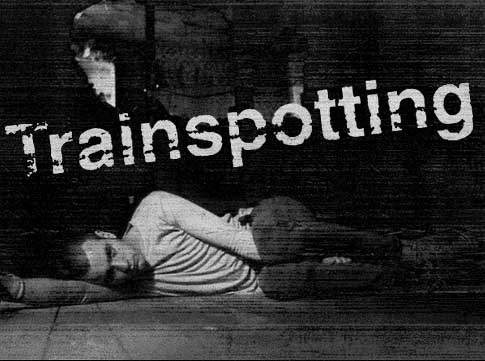I believe in translation. This statement might sound odd, but more and more examples prove each day that the technical realisation of cultural translation cannot be carried out, moreover, it is not considered to be necessary by some of the translators. I found that phenomenon utterly disturbing, so I chose a novel which has become a cult book in the last two decades; I will analyse the Trainspotting Trilogy written by Irvine Welsh.

The trilogy consists of three parts, Skagboys, Trainspotting, and Porno. Before even discussing the basic topic of the books we, Hungarian readers, have to face the first problem: understanding the titles which are untranslated and unexplained in the Hungarian translation (except for the word “porno”, which can be looked up in any dictionary, and also resembles its Hungarian equivalent in its word form). The expressions “skagboys” and “trainspotting” cannot be checked in any official dictionary. These words bear some surplus cultural content, which has not been explained in the target texts. The real meanings of the two titles are only guessed by Hungarian fans on different forums.

According to Judith Butler, cultural translation is the only tool to push the limits, the boundaries of a specific culture. We can only understand distinct cultures through the different translating methods (Buden). The proper use of these methods is essentially important in this case, as the writer of the novel deals with social criticism. In my research I am focusing on these methods, and I am discussing the motivation behind the translator’s solutions.
I explore solutions that have to deal with such transculturally uninterpretable differences as the dialectological contrasts (Standard English contrasted to Scottish dialects, Cockney contrasted to Jamaican London dialect etc.) or socio-cultural differences as for instance, the unique relationship between Scotland and England, and its representation on a personal level. It is a field that needs frequent and deep analysis by literary critics, since it is hard to provide perfect solutions to the criticised parts.
Sources:
1.http://www.parameter.sk/ 2. http://www.telegraph.co.uk/

